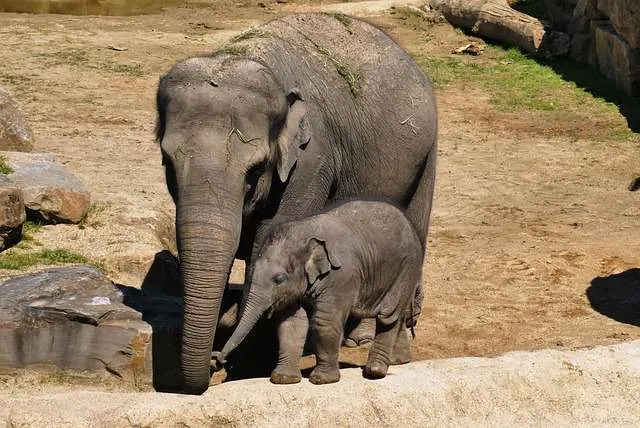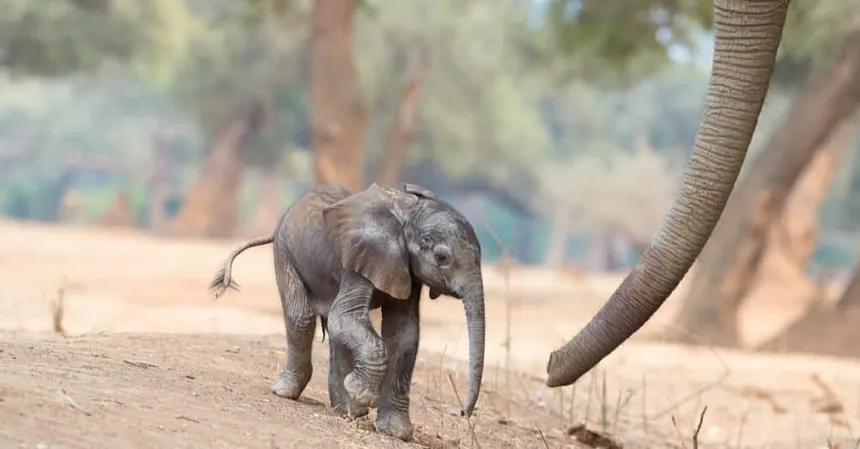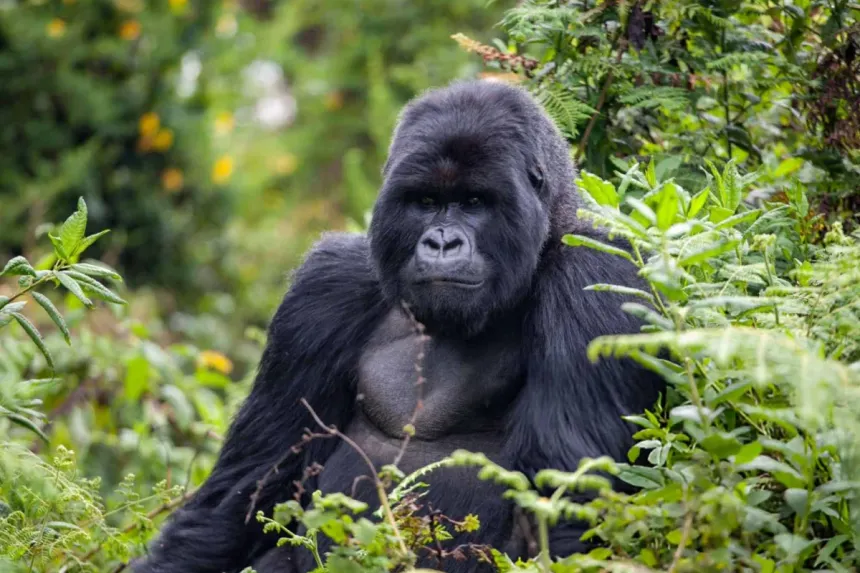Baby Giants: How Much Does an Elephant Weigh at Birth?

Elephants are the largest land mammals on Earth, and even at birth, their size is astonishing. These gentle giants enter the world already weighing more than most adult humans, and their birth weight is just one of the many remarkable facts about elephant calves. Understanding how much an elephant weighs at birth reveals not only fascinating biology but also highlights the incredible role of mother elephants in nature.
Birth Weight of Baby Elephants
The weight of a newborn elephant depends on its species and sex:
- African elephants (Loxodonta africana) are larger than their Asian counterparts.
- Asian elephants (Elephas maximus) are slightly smaller in size and weight.
Here’s an overview:
| Elephant Species | Average Birth Weight |
|---|---|
| African Elephant | 220 to 300 pounds (100–136 kg) |
| Asian Elephant | 200 to 260 pounds (90–118 kg) |
Some calves can even weigh up to 360 pounds (163 kg) in exceptional cases!
Gestation Period: A Long Journey
The birth weight is closely tied to the incredibly long gestation period elephants have:
- Elephants are pregnant for about 22 months, the longest of any land mammal.
- This extended gestation allows the calf to fully develop inside the womb—particularly the brain, which is critical for learning survival skills.

Size and Growth at Birth
- Newborn elephants typically stand about 3 feet (1 meter) tall at the shoulder.
- Within minutes of birth, calves can stand and begin walking, a crucial survival trait in the wild.
- They drink only mother’s milk for the first few months and may consume it for up to 2–3 years, though they start trying solid food after about 6 months.
The Role of the Herd in Raising Calves
- After birth, the entire herd takes part in the calf’s upbringing.
- Other females, known as “allomothers,” help protect and nurture the young elephant.
- This cooperative care system boosts the calf’s chances of survival, especially in the wild.
Why Are Baby Elephants So Big?
The large size serves multiple purposes:
- Helps regulate body temperature
- Stores energy for long distances and environmental challenges
- Prepares them to become self-sufficient in environments where predators and rough terrain are common
Fun Fact
Despite their size, elephant calves are playful and curious—often tripping over their own trunks or mimicking adult behaviors. Their early months are filled with learning from the herd and building muscle through constant movement.

Conclusion: Big Beginnings for the World’s Gentle Giants
A baby elephant’s birth weight—often equal to a refrigerator or a small adult human—is a testament to the species’ grandeur. With long pregnancies, remarkable intelligence, and a social structure centered on care and protection, elephants begin life not only with mass but with meaningful bonds. Their weight at birth is just one part of a remarkable life story filled with strength, growth, and connection.




